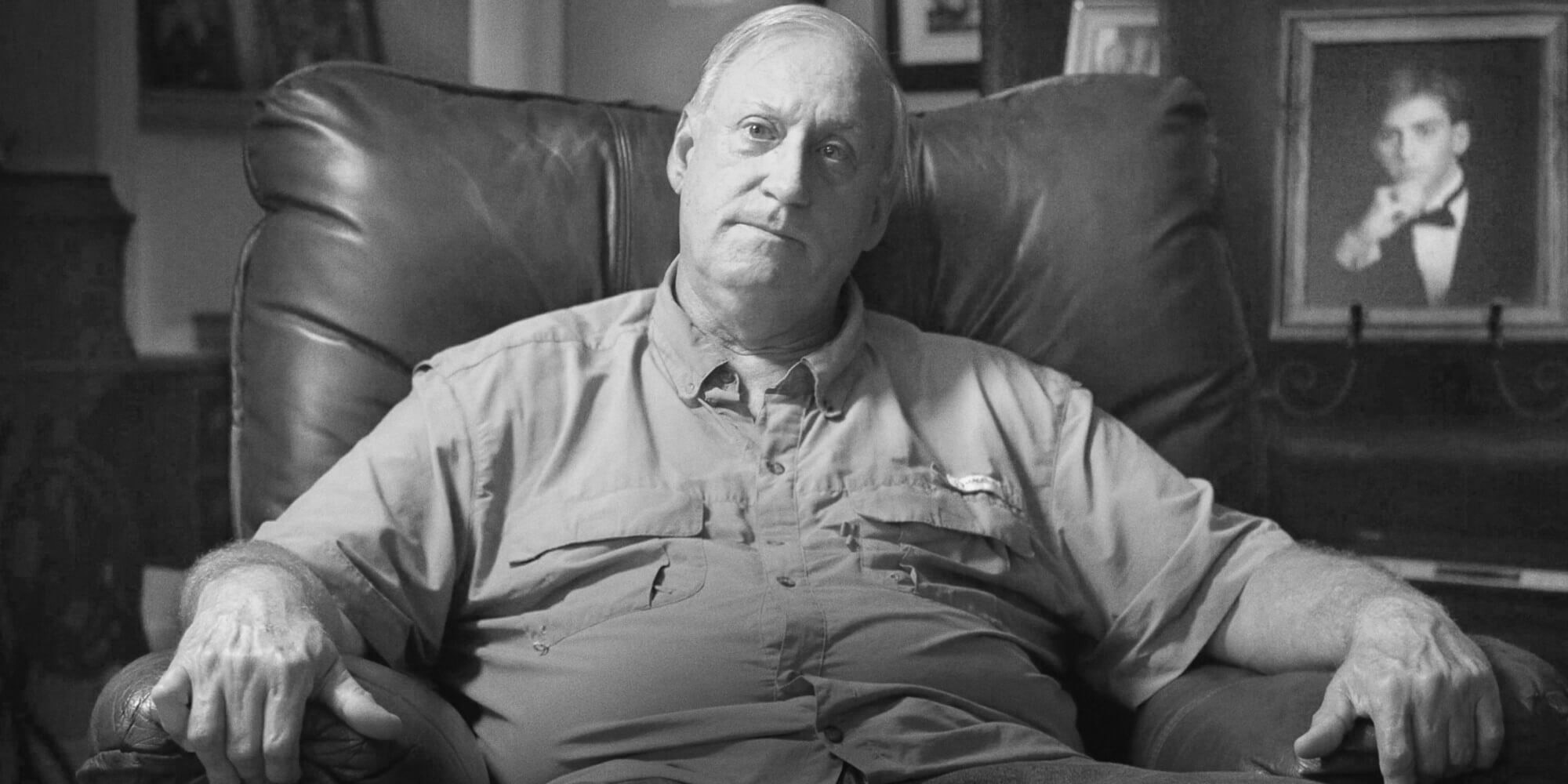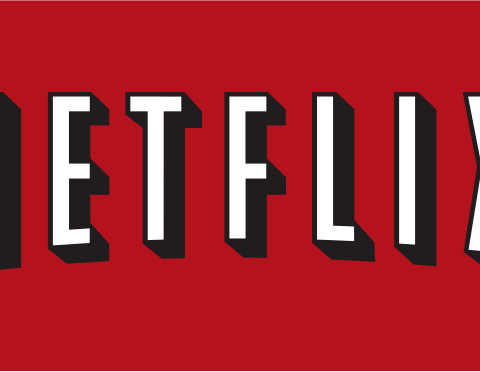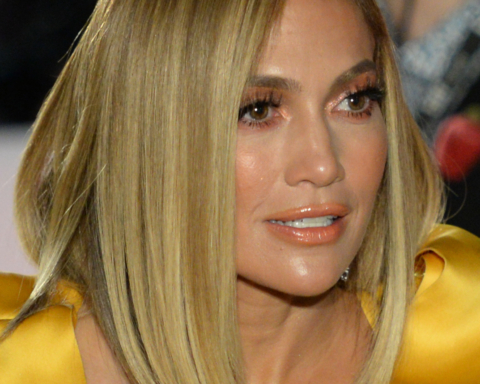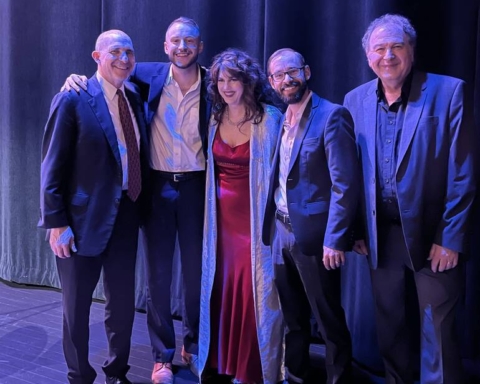By Matthew Villanueva, Features Assignment Editor
There’s a common phrase about grief, “Grief never ends, but it changes.” Dan Schneider, a pharmacist in a small in Poydras, Louisiana, a suburb of New Orleans, tells his heroic story in Netflix’s new mini-series, “The Pharmacist,” that exemplifies how grief can push a man to help others.
Schneider began his job as a pharmacist in 1975 at Bradley’s Pharmacy in an attempt to fulfill the American dream with his wife, Annie. The couple ends up with two kids, Danny Jr. and Kristi.
The series opens discussing the Schneider family, a normal, quirky and middle-class family full of long road-trips and large Christmas traditions. But all of that changed on the evening of April 3, 1999, when Danny Jr. was murdered in a drug deal in the crack-stricken district of “The Lower Ninth Ward.”
The first of four episodes divesdeep into Danny Jr.’s murder. Since the area Danny Jr. was killed in was common for those types of crimes, the police force was not in any hurry and gave up fairly easily on the case.
For months, Schneider would canvas and call every house near the site of his son’s murder, looking for clues about who could have killed his son— determined that his son’s murderer would face justice.
After about five months of canvassing, Schneider was about to give up. Until he called Shane Redding. She picks up and explains to Schneider that she had witnessed the incident while she was on her way to pick up drugs for herself.She explained that she was close to the killer and was hesitant about testifying. But after two months of constant calls and pleas from Schneider and his family, Redding began to sympathize and agreed to testify against her family friend.
Redding has been sober since the trial.
The second episode looks into Schneider’s life after the saga with his son’s death. Schneider told the documentary crew, “I understand addiction is a powerful thing, because of my son, but it’s not something that’s taught in pharmacy school, it’s not something we thought we had to face.”
As he was starting to cope with his son’s death, he began to notice a stream of prescriptions for the popular painkiller, “oxycontin.” Most of the people coming to pick it up were younger adults—19 to 25—with little pain to speak of.
After one of Schneider’s clients overdoses on the opioid, he looks back at the records and notices that most of the prescriptions were being filled by a pediatric doctor in eastern New Orleans, Dr. Jaqueline Cleggett.
Schneider became determined to make sure that nobody else would die due to drug-related issues on his watch.
The rest of Netflix’s limited series is about how he wages a personal war on drugs and the pharmaceutical industry’s monopoly on opioids.
Schneider’s grief led him on a tirade that brought justice to his son’s killer and eventually changing a toxic drug culture in Louisiana.
villanjv18@bonaventure.edu









